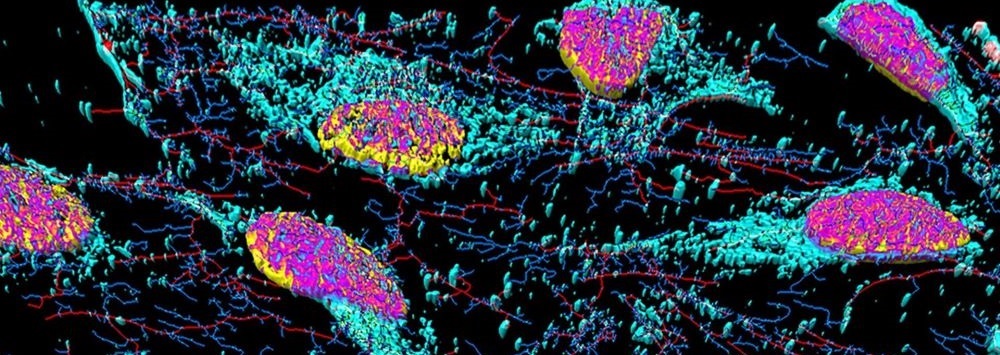Who was Henrietta Lacks?
Henrietta Lacks was a Black woman who died in 1951 of cervical cancer. Without her consent, her cancer cells were taken and have been used to serve science leading to breakthroughs for years after her death. Henrietta’s cells have led to over 75,000 scientific publications and over 50 million metric tonnes have been grown.
Visit the exhibit
The exhibit in the Reading Room of the Harold Cohen Library takes you through Henrietta’s story, how her cells (dubbed HeLa cells) were used, and some of the important research advancements enabled by the HeLa cells.
Henrietta is one of many African Americans who have been exploited in medical research. This exhibit is one of a series profiling Black and women scientists and other marginalised people whose contributions to science have been overlooked or forgotten.
The contributions to science of many Black and marginalised people are often obscured from history and we have to piece together their stories from the shadows of more famous scientists’ lives.
Authors: Isobel Diaz, Shuxian Zhou and Carl Larsen
So far, the team has profiled John Edmonstone, a former enslaved man who tutored Charles Darwin in taxidermy, and Charles Henry Turner, the cognitive biologist whose ideas were not credited to him but allowed four other notable scientists to gain Nobel prizes.
The team
Dr Carl Larsen and students from the DeCoL-SoLS Advocates, in collaboration with the World Museum Liverpool, have been awarded funding from the HLS EDI&W to support this two-year project. Feedback from staff and students has been extremely positive, so the team will be applying for further funding next year to carry on the exhibits.
- Head to the Reading Room on the First Floor of the Harold Cohen Library to check out this exhibit through January 2024.
- To find out more about these exhibitions, contact Dr Carl Larson: C.Larsen@liverpool.ac.uk
Back to: Feature
